Frank McMonagle, from Raphoe, Co Donegal, had depression 25 years ago – but he wasn’t aware of it initially. A dairy and pig farmer who describes himself as a shy kind of person who would never “be in the front of the queue at the best of times”. Frank suffered a series of bereavements in a short space of time, which led to him facing mental health challenges.
We were close, but I didn’t realise how close until he died.
“There was a lot of sickness in the family at the time,” he says. “I lost six or seven relatives within four years between my mother, aunts and uncles and my father. He was the last one. His death seemed to rock me. We were close, but I didn’t realise how close until he died.”
Frank also had a car accident three weeks later. Luckily, neither he nor his wife Christina were badly hurt but it added to all the upset and stress. Another great shock came eight months later when Christina was diagnosed with Parkinson’s disease – and less than a year after that BSE hit the farm, creating some financial problems. (Sadly Frank’s wife, Christina, died in September 2016, having had Parkinson’s for 25 years and dementia for 10.)
“It was a whole series of things,” Frank says. “I worried about anything and everything. Overall it seemed then that anything I turned my hand to didn’t work out.”
Frank also experienced loneliness. “Even in the house with family, I felt lonely and isolated. I wasn’t eating properly, because I couldn’t taste food.” He describes the fatigue that went with the depression as extraordinary. “It was something else. I’d lie on in the morning and get the men to do the milking. I wouldn’t feel up to it.”
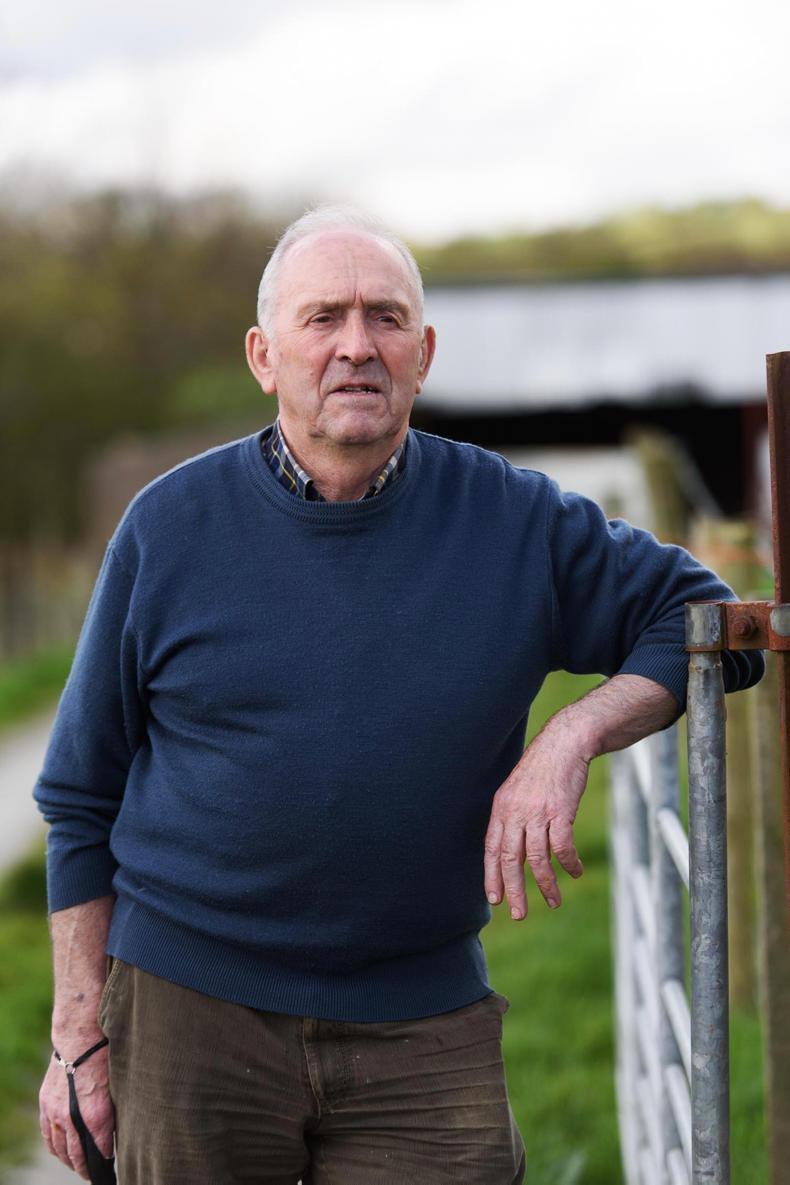
He was continually going to the doctor for one reason or another. “I seemed to catch anything that was going. I was attending the doctor more than my wife was, and I was feeling that I wasn’t able to support her.”
It was after his GP asked him about his low mood that medication was suggested. “I thought I was tired beforehand, but when I started taking that I was even more tired – but the medication did the trick,” he says. “The depression eased up a bit.”
Frank was also referred to a psychiatrist and, from there, to a cognitive behavioural therapist (CBT). “I always called the therapist the light at the end of the tunnel,” he says. “She was an unbelievable help to me. I said that to her lately, and she said: ‘Frank, there was always light there, I just turned you in that direction.’ She took me as far as she could, as far as help was concerned, and then she recommended GROW, the support group, to me.”
Being put in contact with a member of GROW – a GROWer – who was also a farmer was a big turning point for Frank. “He told me about his experience of getting help and getting over his depression and, while I was afraid of meeting someone I knew there, I said I’d go to a meeting. I suppose I didn’t want anyone to know I was sick.”
The first few meetings went over his head, he says.
“You don’t know what to expect. You hear people talking about problems you’ve never had but, after a few meetings, you begin to realise that some people have unbelievable problems and are coping with them and getting over them and that was very uplifting.
“Often what they’d been through was 10 times worse than anything I’d been through, and they had put their lives back together – even going on to further education and holding down jobs. I thought if they are able to do that, surely I could attempt recovery too,” says Frank.
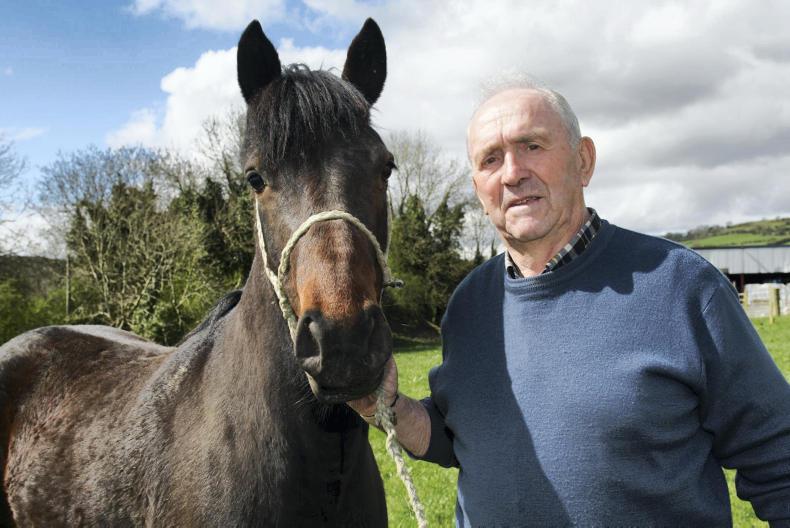
He has had unbelievable support all along, he says.
“While it can take a wee while to settle in and realise that GROW will help you, I know now that I could fill every page in the Irish Farmers Journal about how GROW helped me. They’ve turned my life around: ordinary people who have had their problems. The GROW programme works, because you know you’re dealing with people who have worn the shoes.”
The social side of GROW is very important, he believes. Members ring one another or text during the week, which helps overcome the isolation. “I only realised how much I had isolated myself in the past when I started to attend the social events that GROW organises – and enjoyed them.”
The pattern with GROW is that, as you recover yourself, you help other people in the group. “At first you’re not able to help anybody,” he says. “You’re there to help yourself, but you go on to help others down the line as you recover.”
Frank admits that recovery can take some time.
“Someone described it being like losing weight. Those who lose it quickly put it back on quickly, so a steady growth is much better. With me there was the odd setback if something cropped up, but after I’d been going to meetings for a couple of months, people said to me: ‘You’re well improved.’ I used to say to myself: ‘Why did they say that to me?’ – and me with butterflies in my tummy, how could I be improved?’ “Now I support other people who are in the same situation as I was myself. I try and give back a wee bit of what I got. I never could give back all of what I got, for it changed my life round.”



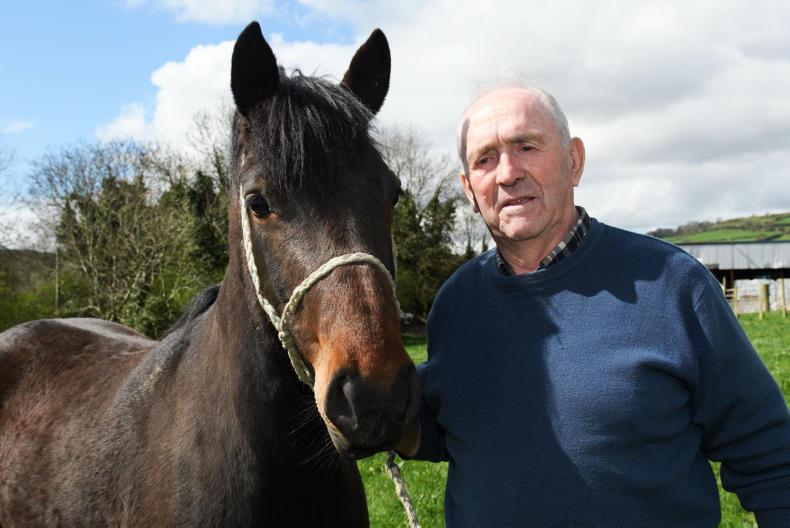




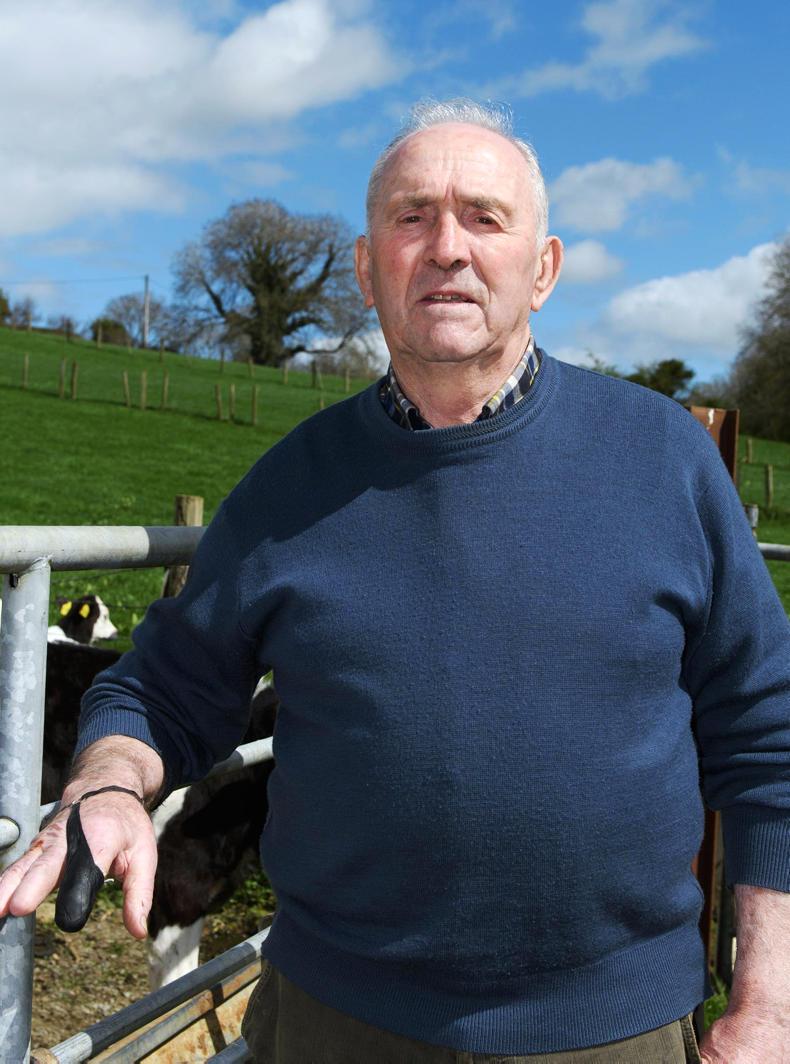
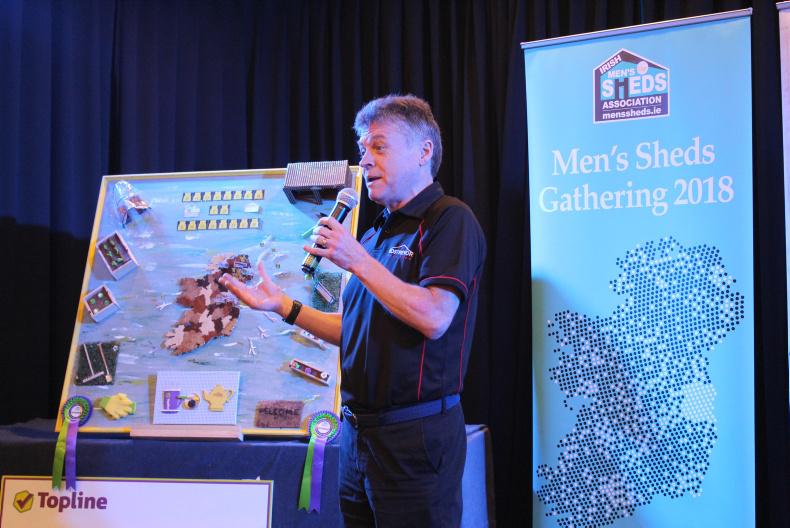


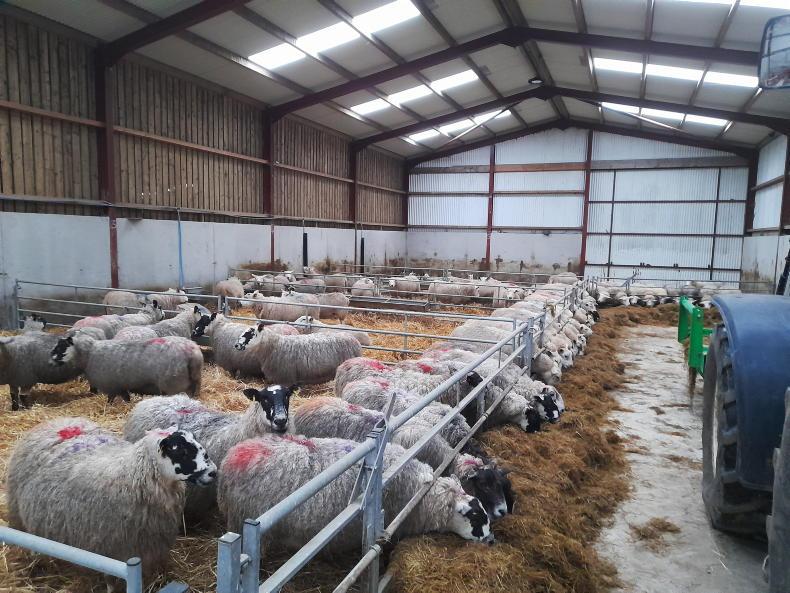
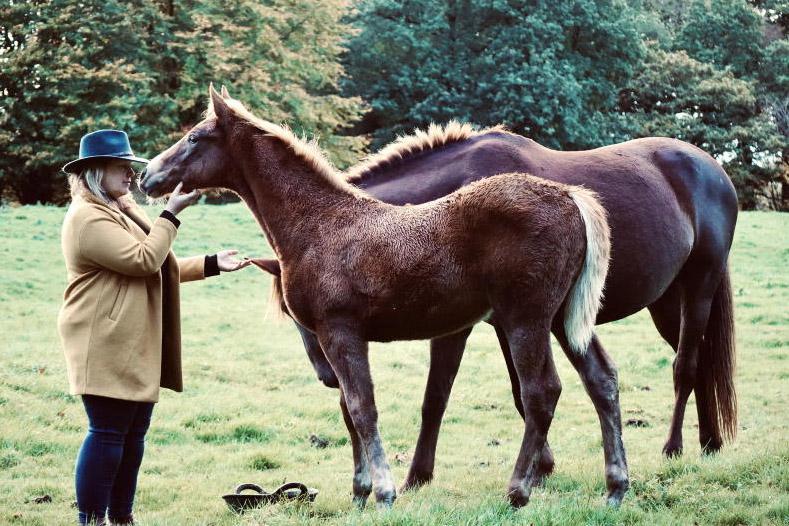
SHARING OPTIONS